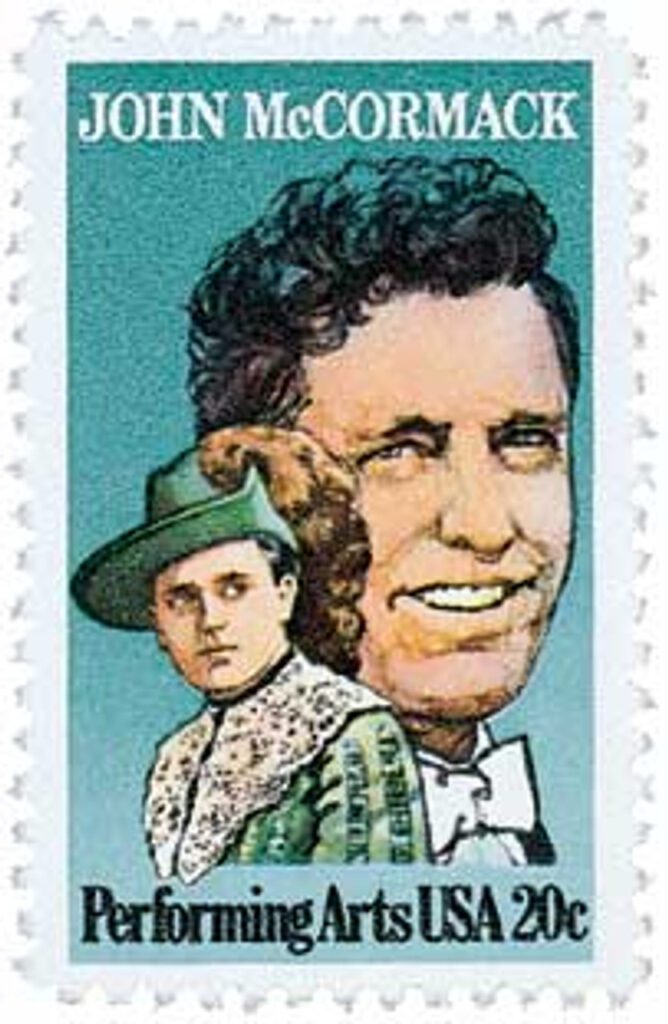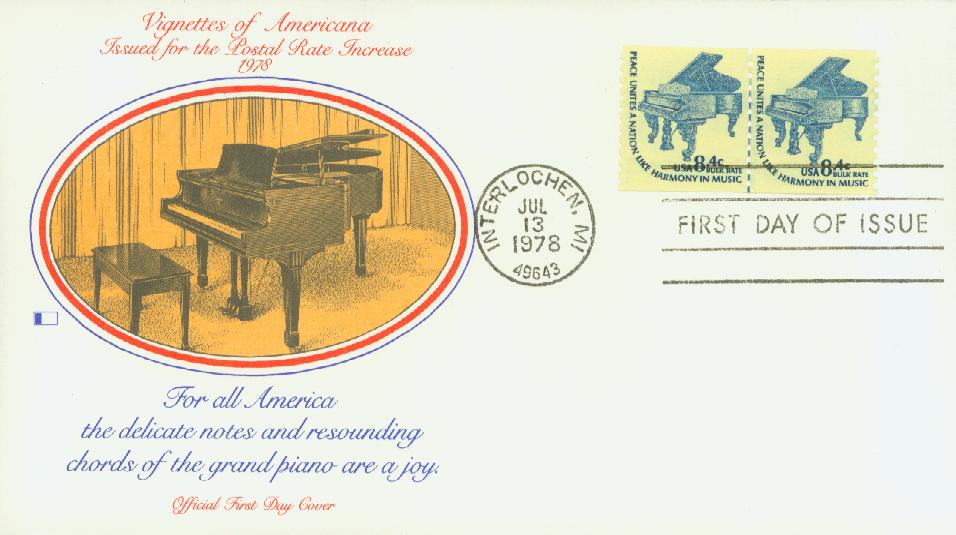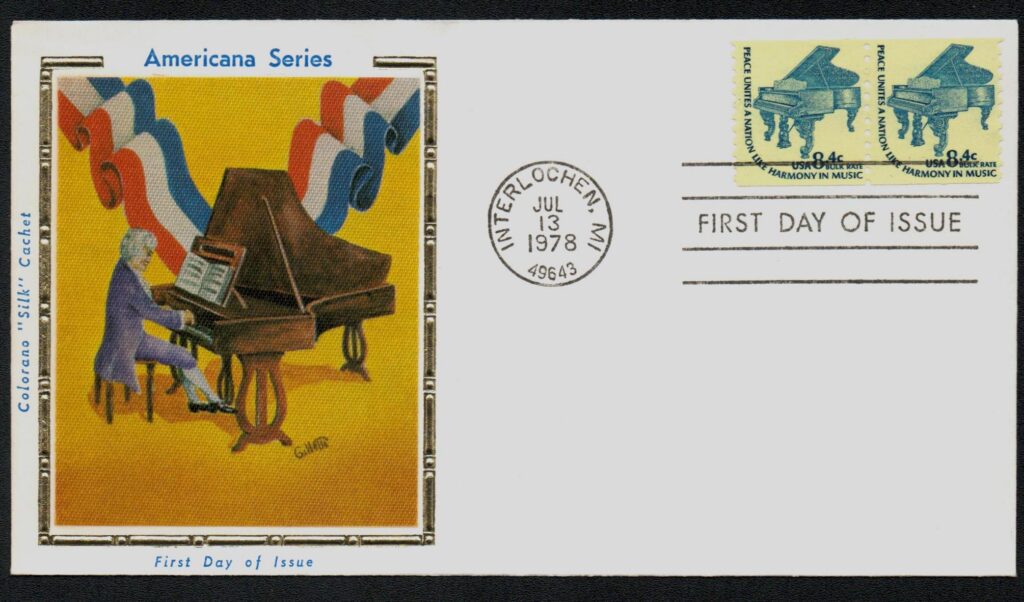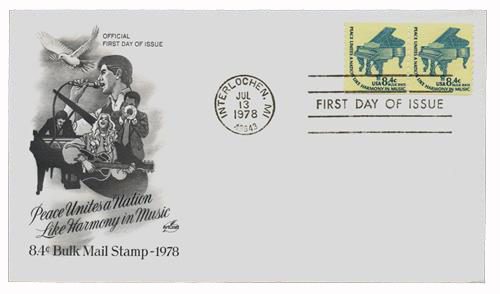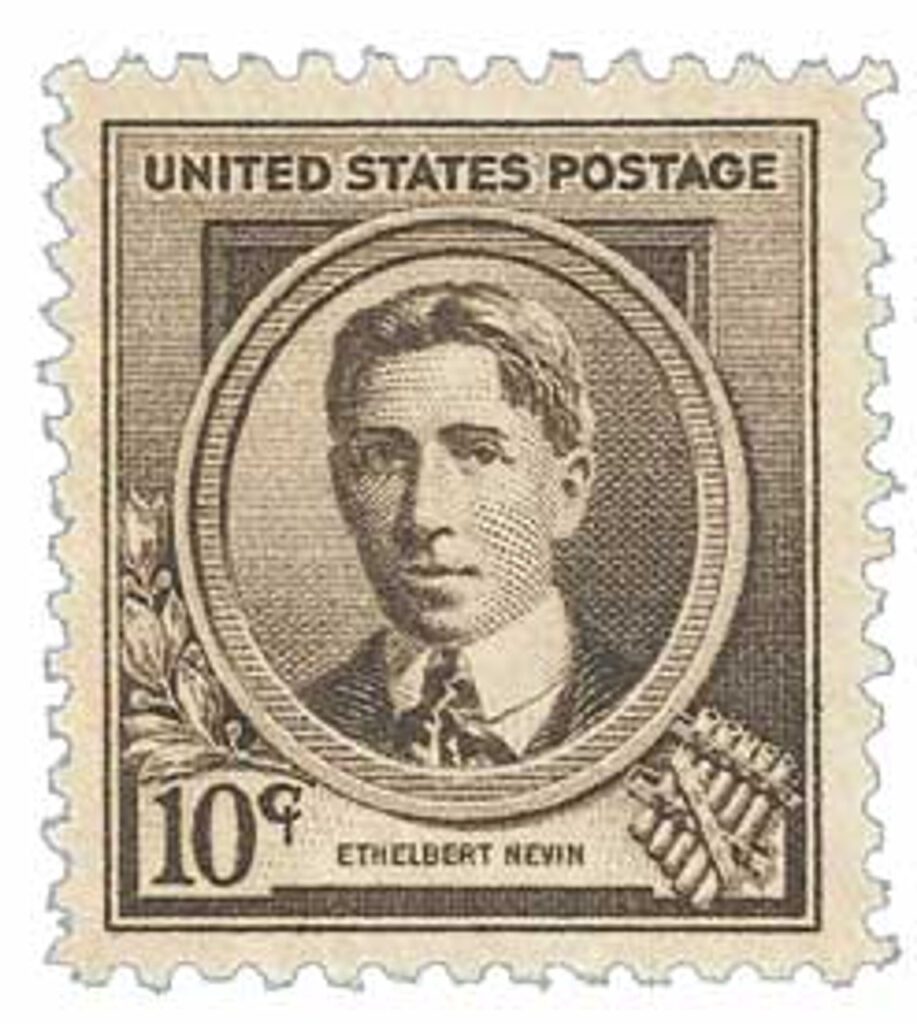
Composer Ethelbert Woodbridge Nevin was born on November 25, 1862, in the small community of Edgeworth, Pennsylvania. He grew up in a family where creativity and education were highly valued, and this early environment helped shape the course of his life. Nevin would go on to become one of the most expressive American composers of the late 19th century, known for his emotional piano pieces and memorable songs.

Nevin’s father, Robert Peebles Nevin, played a major role in his son’s early education. A respected newspaper editor in Pittsburgh, he was a man who valued both literature and music. He contributed articles to national magazines and even tried his hand at songwriting. Among his works were political campaign songs, including “Our Nominee,” written for presidential candidate James K. Polk. Nevin’s mother, Elizabeth Duncan Nevin, also left a strong musical mark on the family. She was an accomplished pianist, and her grand piano was famously the first instrument of its kind transported across the Allegheny Mountains. Ethelbert grew up surrounded by music, books, and lively discussions about the world.
Nevin showed an unusual joy and talent for music from an early age. He began exploring the piano when he was only four years old, picking out melodies and demonstrating a natural ear. Seeing this early promise, his father arranged for him to have both vocal and instrumental lessons. The Nevins took their son’s potential seriously, and when Ethelbert was still young, his father took him to Europe for two years of study. This trip gave him firsthand exposure to European music and culture, which would influence his compositions for the rest of his life. After returning to the United States, Nevin spent a year at the University of Pittsburgh, though music remained his strongest interest.
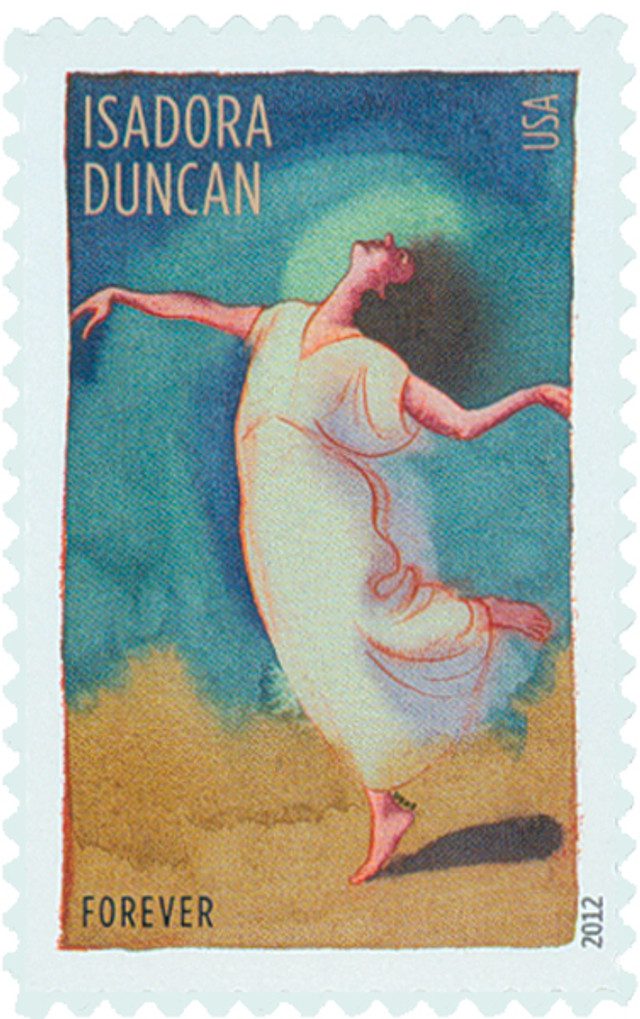
To further his training, Nevin traveled to Boston, where he studied piano for two years under the respected teacher Benjamin Johnson Lang. Lang was an influential figure in the city’s music scene, and studying with him helped Nevin refine his technique and develop a more expressive playing style. After his time in Boston, Nevin returned to Pittsburgh and worked as a piano teacher. Although he enjoyed teaching, he also used this time to save money for further lessons in Europe. Eventually, he gathered enough funds to travel to Berlin, a major cultural center for musicians.
Nevin spent three formative years in Berlin studying with Karl Klindworth, a former student of Franz Liszt and one of the most admired piano teachers of the era. Nevin credited Klindworth as the person who had the greatest impact on his musical success. Klindworth believed that true musicianship came not only from hours at the keyboard but from experiencing the wider world. As Nevin recalled, Klindworth insisted that a musician must draw inspiration from all the arts—architecture, painting, literature, and even politics.
In 1885, Nevin earned a high honor when he was chosen as one of four of Klindworth’s students selected by conductor Hans von Bülow for an elite artist class. They performed in a special recital attended by well-known European figures, giving Nevin valuable exposure. He returned to the United States in 1887 and settled in Boston, where he taught, composed, and occasionally performed in concerts.
Nevin’s career then took him back to Europe. In 1892 he traveled to Paris, where he coached American and French singers preparing for operatic roles. A year later he moved to Berlin and dedicated himself almost entirely to composing. The intense workload eventually damaged his health, forcing him to spend a year recovering. After regaining his strength, Nevin continued composing while living in Florence and Venice. He eventually returned to the United States, where he died on February 17, 1901.
Throughout his life, Nevin was admired for the emotional depth of his music. Klindworth once said that Nevin had “a touch that brings tears,” a phrase often repeated in descriptions of his playing and composing style. His most famous works include the piano piece “Narcissus” from Water Scenes and the songs “The Rosary” and “Mighty Lak’ a Rose.” His contributions were recognized long after his death, and in 1970 he was inducted into the Songwriters Hall of Fame, securing his place in American musical history.
Click here to hear some of Nevin’s music.
| FREE printable This Day in History album pages Download a PDF of today’s article. Get a binder or other supplies to create your This Day in History album. |
Discover what else happened on This Day in History.

